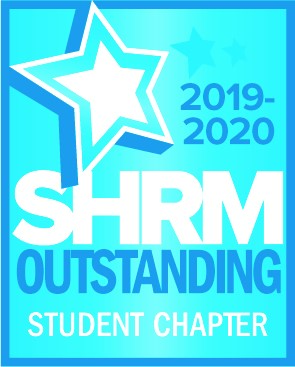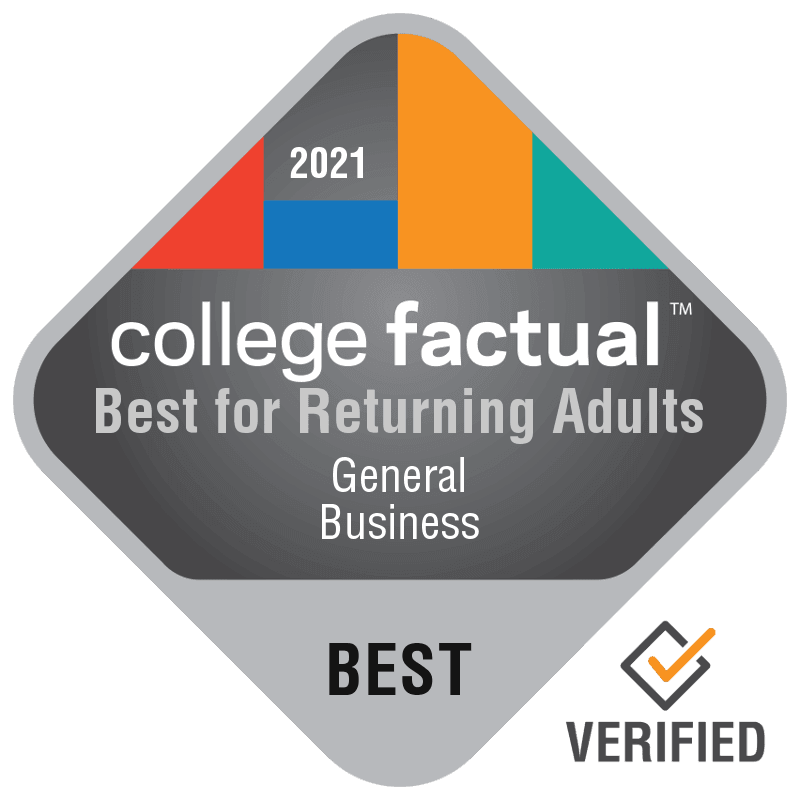
Bachelor of Science in Business
Bachelor of Science in Business

Talk with us.
Learn more about how our program works
and what you need to get started
Learn Today So You Can Lead Tomorrow with a BS in Business
In Excelsior University’s IACBE-accredited online Bachelor of Science in Business program, start building your network, solving problems, and generating new ideas with a foundational, hands-on curriculum featuring six in-demand concentrations.
Develop new strategies to communicate more effectively, lead with confidence, and turn your natural talent into skills that drive results, with coursework that includes a global product launch, a strategic marketing plan, and a personal data project. The curriculum culminates with a career-focused industry simulation, where you apply everything you’ve learned from the program.
This program offers the option for all-inclusive fixed-rate pricing that covers tuition, course materials, the Academic Services Fee, and Technology Fee. Our fixed rate of $3,200 per trimester or $800 per month provides a budget-friendly way to take more courses and move steadily toward your goals.
Dedicated Support
Here for you from start to finish
200,000+ Alumni
Join our global network
Start March 2
Courses start every 8 weeks
PROGRAM DETAILS
Online BS in Business
- General Education33 Credits
- Major Core48 Credits
- University4 Credits
- Electives20 Credits
- Concentration15 Credits
Bachelor of Science in Business
Explore different aspects of the business discipline with a variety of courses to choose from that sharpen the indispensable skills every well-rounded business leader needs.
Gain a competitive edge in your chosen field with a solid foundation that helps you master budgets, audits, and the best accounting practices that keep a business on track.
Delve into the financial systems that shape our modern business world, with advanced courses in finance and financial management.
Learn strategies and processes for attracting, retaining, and managing a business’s most important assets.
Focus on the supply chain to prioritize cost reduction and maximize profits while building a skill set essential to lead operations, strategy, and growth.
Understand how to reach today’s consumers in a fast-changing world by exploring digital marketing, building skills in market research, and learning how to connect with the right audience.
Explore Common Careers

Ahron Goldberg
Bachelor of Science in Business, 2024
Institutional Accreditation
Excelsior University is an accredited institution and a member of the Middle States Commission on Higher Education (MSCHE or the Commission) www.msche.org. Excelsior University’s accreditation status is accreditation reaffirmed. The Commission’s most recent action on the institution’s accreditation status on June 23, 2022 was to reaffirm accreditation. MSCHE is recognized by the U.S. Secretary of Education to conduct accreditation and pre-accreditation (candidate status) activities for institutions of higher education including distance, correspondence education, and direct assessment programs offered at those institutions. The Commission’s geographic area of accrediting activities is throughout the United States.
Excelsior’s academic programs are registered by the New York State Education Department and/or have Florida-based licensing with the Commission for Independent Education, Florida Department of Education (License No. 12928).
Society For Human Resource Management (SHRM) Student Chapter
SHRM has acknowledged that Excelsior University’s concentrations in Human Resource Management fully aligns with its HR Curriculum Guidebook and Template. The concentrations have achieved alignment renewal through 2025.
IACBE Accreditation
The School of Business, College of Liberal Arts and Sciences at Excelsior University received specialized accreditation for its business programs through the International Accreditation Council for Business Education (IACBE), located at 11960 Quivira Road in Overland Park, Kansas, USA. For a list of accredited programs please view our IACBE member status page.
Review the IACBE Public Disclosure of Student Achievement.FAQ
A business degree provides a versatile foundation of skills you can use to pursue a variety of career paths, with roles in finance, marketing, human resources, consulting, and entrepreneurship.
Excelsior’s BS in Business program offers six concentrations:
- General
- Accounting
- Finance
- Human Resources Management
- Logistics Management
- Marketing
Excelsior University’s Bachelor of Science in Business program offers courses that include:
- Financial Accounting
- Business Communication
- Organizational Behavior
- Business Data Analysis
- Marketing Concepts and Application
- International Business
Excelsior’s BS in Business program helps you stand out in your business career with a focus on communication, leadership, and critical thinking. These strengths, in addition to skills like data analysis, economics, and marketing, are highly valued by employers.
You could receive credit for approved college-level courses and exams, professional and military training, and industry certifications. Learn more about how credit transfer works at Excelsior University and contact an admissions counselor to discuss your options.



